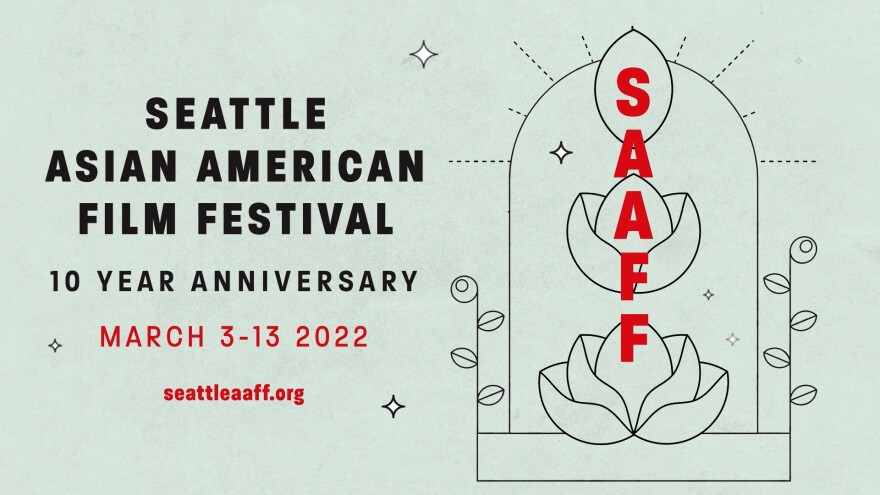The Seattle Asian American Film Festival returns for its 10th year. The 11-day film festival includes feature films, shorts, documentaries and, this year, a few in-person events.
Last month, SAAFF released a statement apologizing for its use of the term "AAPI" for wrongly conflating Native Hawaiian and Pacific Islander identities with Asian identities.
"Malihini" is a short film that is a part of the festival lineup that explores the complexities of Native Hawaiian identity.
The short comes from Seattle University student Ha’aheo Auwae-Dekker and centers around a conversation between them and their mother. Auwae-Dekker is Native Hawaiian on their mom’s side. But living on the mainland, they and their mother felt disconnected to their roots – they felt homesick.
"My mother, she said, living in America and feels like being a foreigner in a foreign country," Auwae-Dekker said. "I think that what my mom says, it really guides the film's message and it guides how I constructed this film because, in hearing her say that, it really made me understand what my mother had to go through and what displaced Native Hawaiians have to go through."
Auwae-Dekker made the film as a part of a social justice cinema class back in 2020. Since they were quarantining, they did the conversation over FaceTime and recorded it that way. It was casual, which was what Auwae-Dekker wanted. They had never intended to submit the film to festivals.
"I'm not about to approach it in a way that a lot of documentarians approach film, and that is in a very, quite frankly, white supremacist way of interviewing people and then constructing this narrative that feels completely disingenuous," Auwae-Dekker said. "My mother's story is so rock solid. It has a foundation, and I never want to treat her and her life as something that can be played around with."
It was their professor who ultimately pushed Auwae-Dekker to submit to festivals. But they were continuously rejected by film festivals that labeled themselves as "Asian American" and "Pacific Islander." Despite marketing themselves as inclusive, these films ended up having little to no Pacific Islander representation in its staff or programming. This experience made them hesitant to submit to SAAFF.
"I thought, wouldn't it be so funny if I just submitted 'Malihini' to a film festival that, its name has nothing to do with Pacific Islander — it's just Seattle Asian-American Film Festival — and if I got in? That'd be so funny," Auwae-Dekker said.
And then the film did get in, which wasn't actually that much of a surprise. Auwae-Dekker had been going to SAAAF since they were a kid, so they knew that the festival's programming, despite its name, was actually pretty inclusive of Pacific Islander stories. Their family and them would always go together to seek out those films.
"It was the one place that we knew that we could go see Hawaiian-made and Hawaiian-starred films," Auwae-Dekker said.
It wasn't until they got older that they started to feel a dissonance between the fact that this festival was meant for "Asian Americans," but they themselves never identified with that community. They couldn't relate to that identity, their experiences as a Native Hawaiian person were different. So when SAAFF did address and apologize for conflating the identities of Asian Americans, Native Hawaiians and Pacific Islanders, it was a big deal and a step in the right direction.
You can see the film Saturday, March 12, at the Stonehouse Cafe in Rainier Beach. It will also be available online for the duration of the festival.








